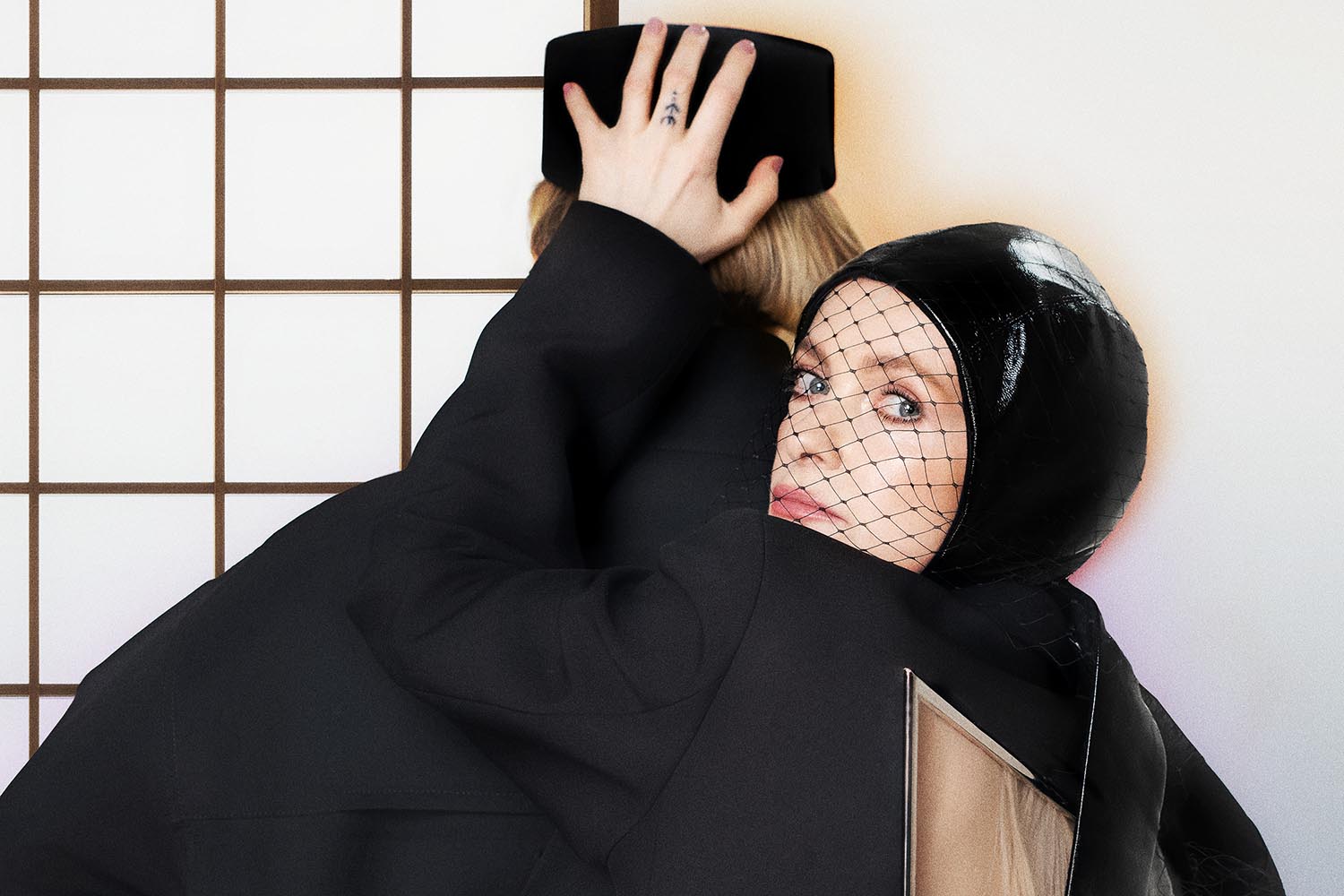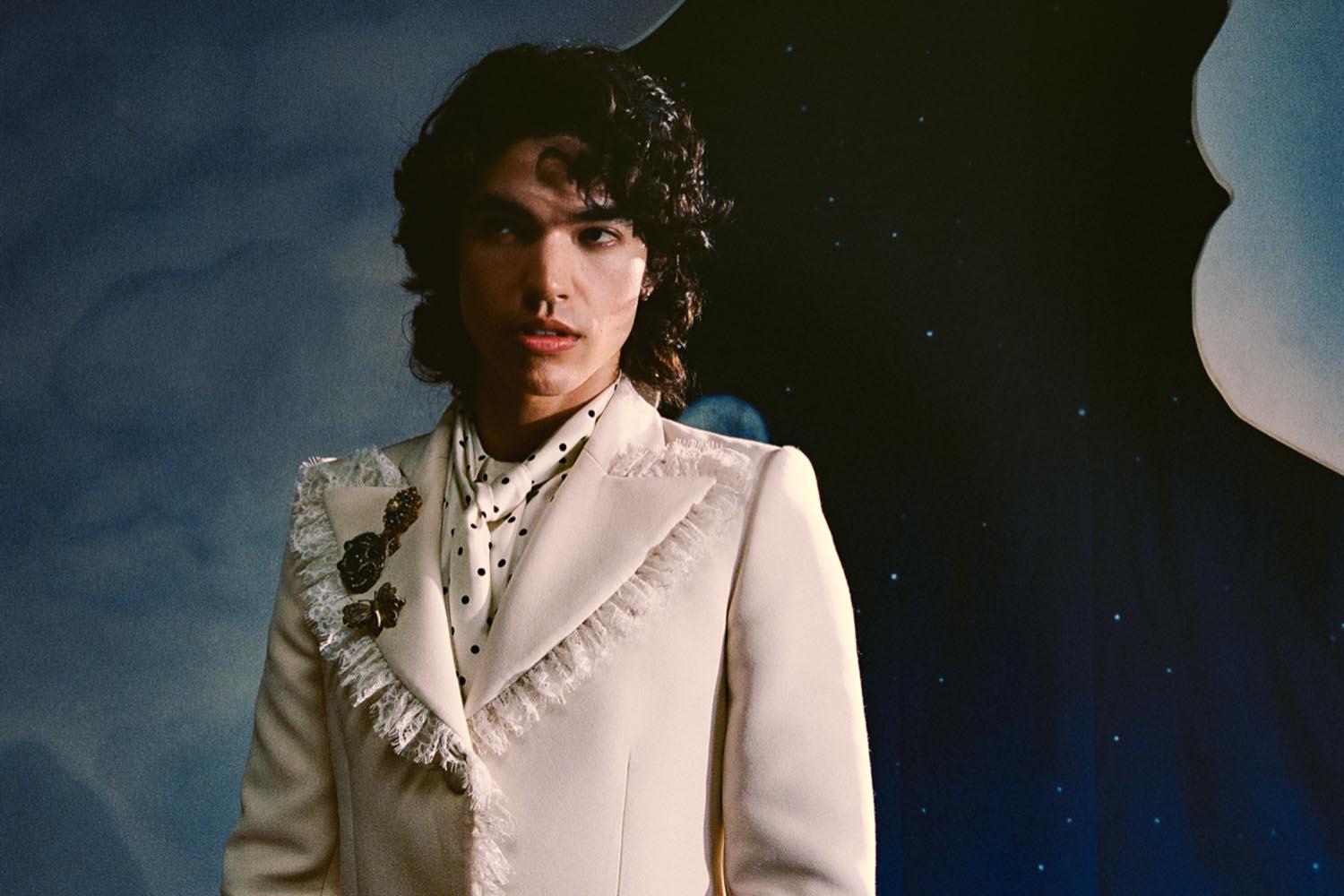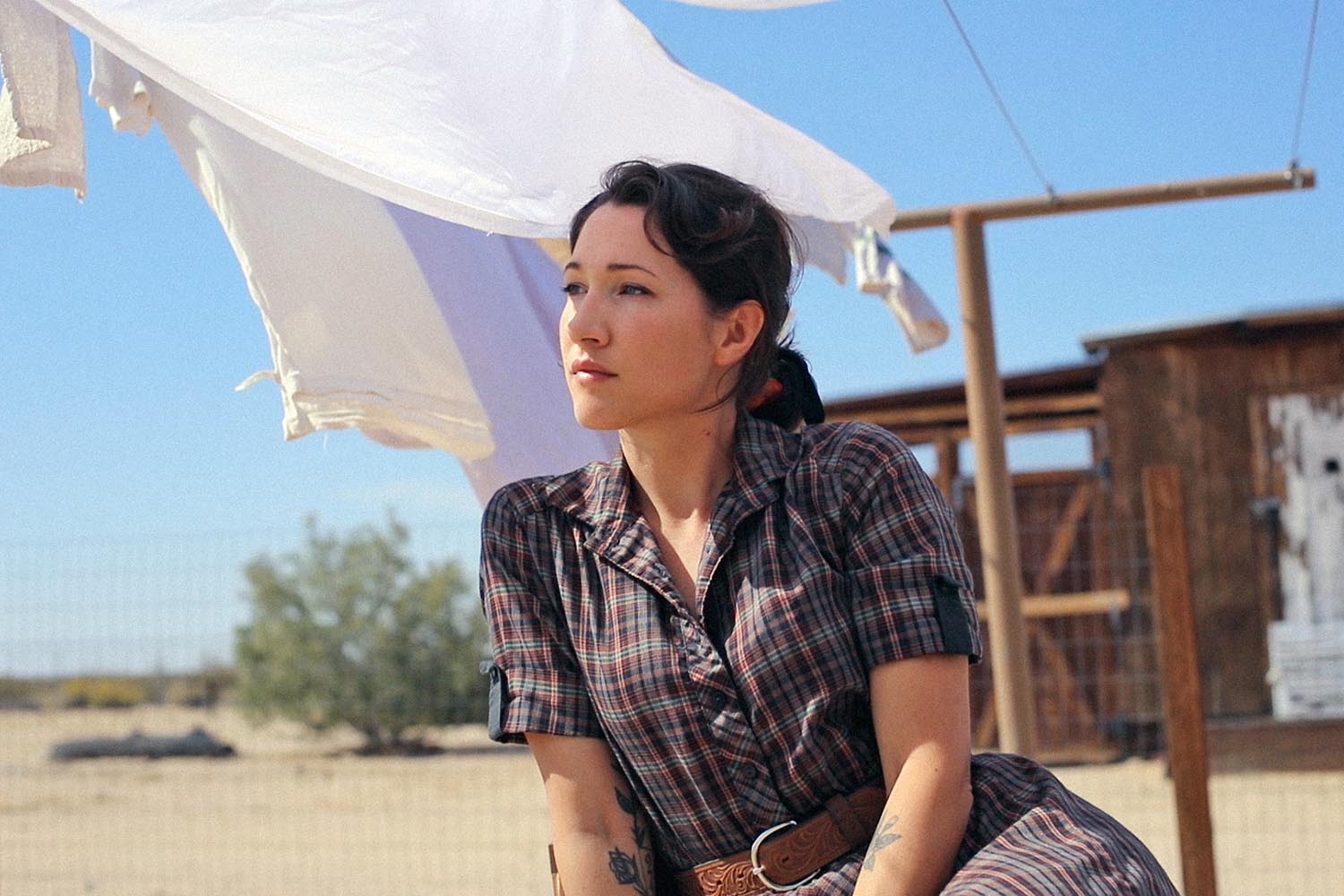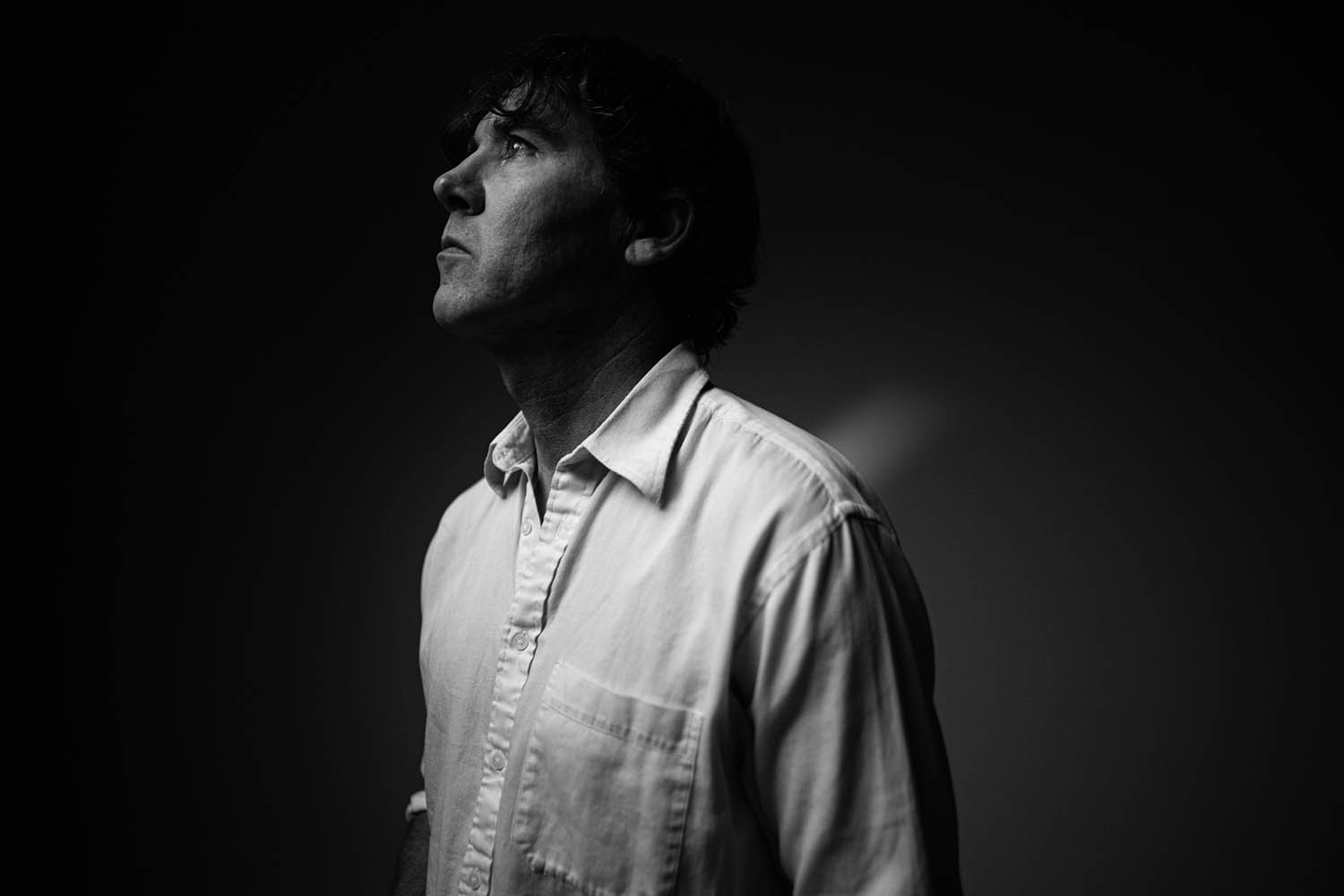Interior Live Oak
Cass McCombs (Domino)
Cass McCombs has long been a hard singer to pin down. Home At Last – one of 16 tracks on this deceptively easygoing double album – is, therefore, quite a title for this elusive storyteller. The San Francisco native spent much of the 90s and 00s as a sofa-surfing troubadour, working casual jobs as he created a quietly brilliant canon of albums that chased the cosmic in the everyday. Home At Last throws a series of mordant put-downs at someone, then wryly imagines McCombs’s own epitaph: “Here lies no one.” A key line – “I never even tried to play at your game” – works in the context of an embittered relationship and as an artistic modus operandi.
Much of McCombs’s work resists autobiographical specifics. We know he recorded these songs with his very earliest collaborators, after last year’s release of early recordings, Seed Cake On Leap Year. But you can imagine McCombs as a “soda jerk” listening to “old Panthers’ stories” as his narrator does in the excellent Priestess, an ode to a remarkable woman. Everything else glistens with McCombs’s considered yet unshowy guitar playing and resonates with sidelong truths, always surreptitiously told. By Kitty Empire

Flux
Goldfrapp (AG)
Goldfrapp the duo began as an art-pop project, but since 2003’s Black Cherry most of frontwoman Alison Goldfrapp’s output has kept at least one foot in the rave. Her solo work has mined a similar Canal Street meets Confessions on a Dance Floor seam. Flux is pristine electronic music, dominated by shivery synths and ice-chilled rhythms. Alison is in the middle of it all, always alluring yet aloof.
It’s when the quality wavers that you notice how tired it can sound, especially the lyrics. While some are only capable of writing in platitudes, Goldfrapp is more talented than “Luna goo, I wanna bathe in you/ I need your energy soothing me so good.” Cinnamon Light updates soft 80s synth-pop, but it needs more depth, tipping into Eurovision qualifier cosplay. Could she combine the arty and dancey sides of her oeuvre in a compelling way one day? As solid as it is, Flux doesn’t sound like the future. By Damien Morris

Wishbone
Conan Gray (Republic)
You can understand why Conan Gray might want to return to more predictable sonic terrain. Having spent the first portion of his career inching into gen Z pop’s top tier with two records that chronicled young love’s pains and pitfalls against a 2020s palette (aided by Olivia Rodrigo producer Dan Nigro), on last year’s third, Found Heaven, Gray threw a curveball. Travelling back to the 80s with an album influenced by Soft Cell and Pet Shop Boys, Found Heaven was unexpected and exciting, but also his worst-performing release by a stretch.
And so, on Wishbone, the Japanese-American star has reunited with Nigro, ditching the retro flamboyance for an album of astute, if safe, pop hits. The evocative, string-laced Class Clown is proof that Gray’s mind thinks in intriguing ways, while Romeo has a loose, Beck-like 90s swagger. But it’s telling that Wishbone was preceded by a pair of bland, mid-paced singles: This Song and Vodka Cranberry. You can see the dollar signs in his eyes, but creatively, Gray can be more interesting. By Lisa Wright

American Dust
Eve Adams (Basin Rock)
An old-time cotton frock and a wooden porch are established signifiers of authenticity in Americana (blame Gillian Welch), but in Eve Adams’s case are well justified. Adams lives in southern California’s high desert, while her current album sometimes draws from the journals of her direct ancestors as they trekked across the dustbowl of 1930s Oklahoma. Previously, she has described her work as “California noir”, with her voice in sparse, glacial settings.
American Dust is an evolutionary step on, thanks in part to Canadian musician/producer Bryce Cloghesy, who provides its tales with double-tracked vocals, rolling guitars, strings and bursts of static.
Although centred on lives lived in solitude and isolation, the album’s feel is more robust, and in the case of Couldn’t Tell the Time, joyous even. Adams’s storytelling has an elliptical quality; one is never certain whether its baked landscapes belong in the past or present. They are, says Adams, made of “the same dust that blows in through the cracks of my windows here in the desert, carrying stories from a time long gone”. Haunting and timeless then. By Neil Spencer
Photographs by Dog Day Press/Mat Maitland/Dillon Matthew/In House Press
Newsletters
Choose the newsletters you want to receive
View more
For information about how The Observer protects your data, read our Privacy Policy
